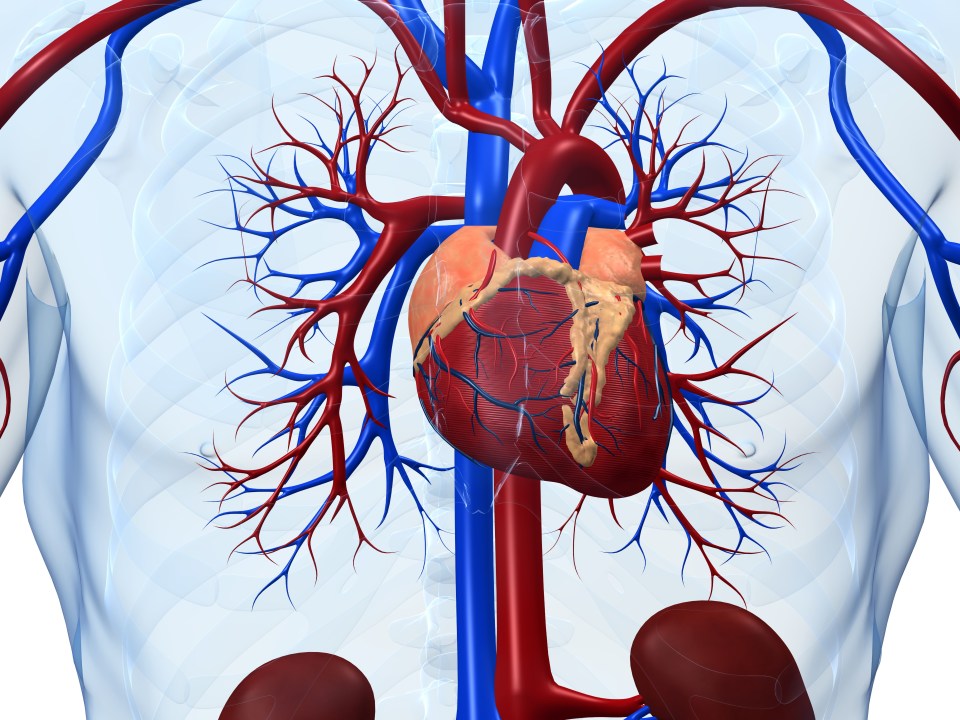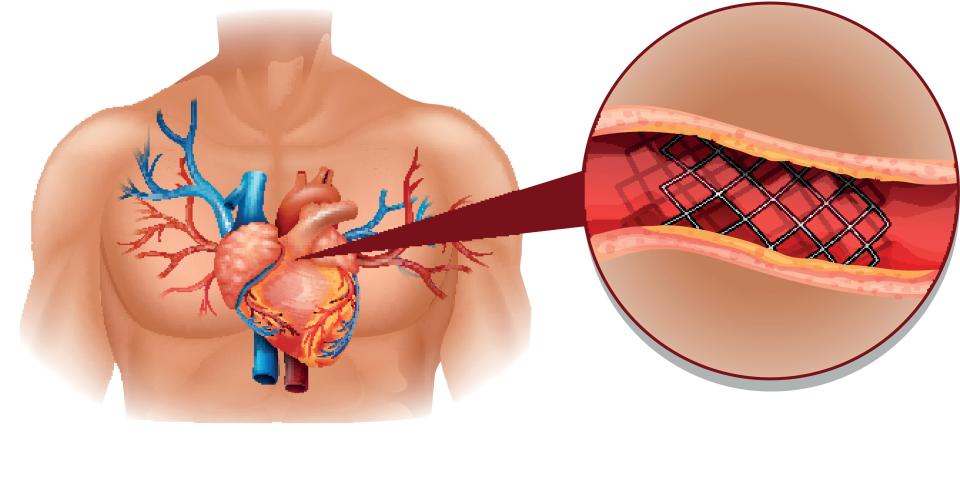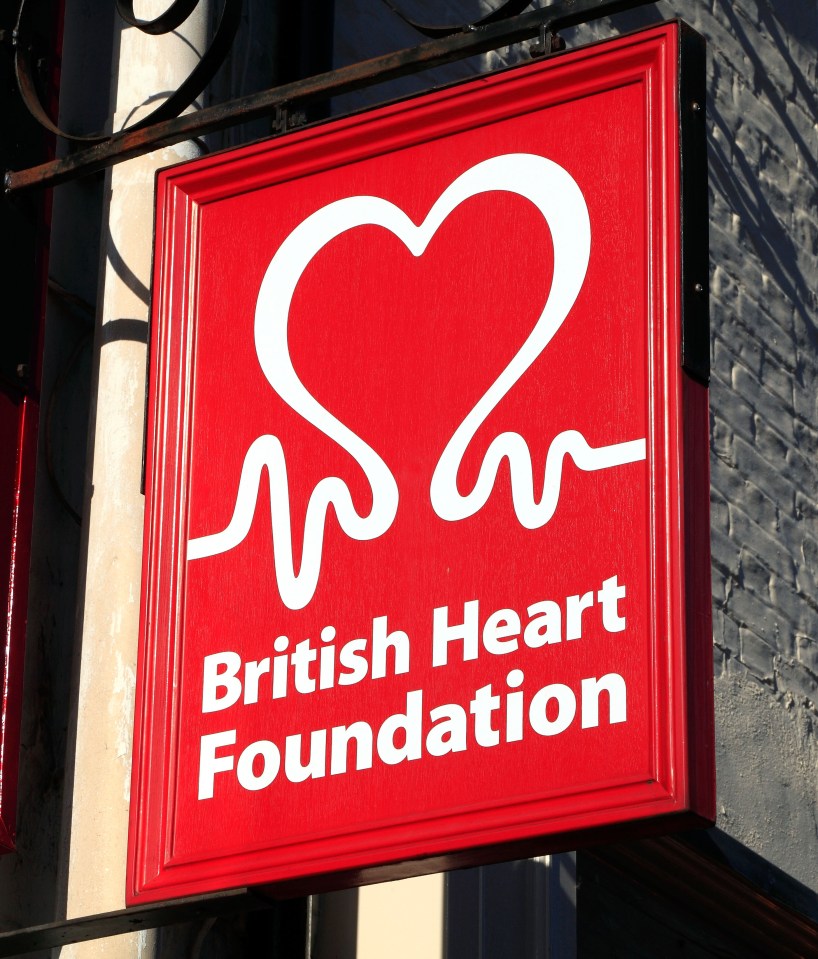Now butter is NOT bad for you – and has little or no link to heart disease
Researchers also found that butter may actually reduce the risk of developing type 2 diabetes

BUTTER has been wrongly “demonised” and is not bad for you, leading nutritionists say.
A review found the dairy product has little or no link to heart disease and may actually reduce the risk of developing type-2 diabetes.
Government nutritional guidelines suggest reducing the intake of saturated fat and ditching butter for “low fat spread”.
Experts have also long suggested cutting back may reduce deaths from heart attacks.
But a review of nine studies published between 2005 and 2015 found no link between butter consumption and cardiovascular disease or strokes.
Researchers found every daily serving of 14g – roughly one tablespoon – even reduced the risk of type-2 diabetes by 4 per cent.
They note the bread and potatoes the butter is typically served on could be more harmful than the spread itself.
But they warn margarines containing healthy oils – such as olive oil – are still likely to be a better option than butter.
RELATED STORIES
Dariush Mozaffarian, a professor of nutrition at Tufts University, United States, said: “Our results suggest that butter should neither be demonised nor considered ‘back’ as a route to good health.”
He analysed studies covering 636,151 people from 15 countries and followed them for a total of 6.5million person years.
Over this period, there were 28,271 deaths, 9,783 incidences of cardiovascular disease, and 23,954 reports of diabetes.
Laura Pimpin, who led the study at the university, said: “Our results suggest relatively small or neutral overall associations of butter with mortality, CVD, and diabetes.
“These findings should be considered against clear harmful effects of refined grains, starches, and sugars on CVD and diabetes; and corresponding benefits of fruits, nuts, legumes, n-6 rich vegetable oils, and possibly other foods such as fish on these endpoints.
“In sum, these results suggest that health effects of butter should be considered against the alternative choice.
“For instance, butter may be a more healthful choice than the white bread or potato on which it is commonly spread.
“In contrast, margarines, spreads, and cooking oils rich in healthful oils, such as soybean, canola, flaxseed, and extra-virgin olive oil, appear to be healthier choices than butter or refined grains, starches, and sugars.”
She added: “Our findings suggest a major focus on eating more or less butter, by itself, may not be linked to large differences in mortality, cardiovascular disease, or diabetes.
“In sum, our findings do not support a need for major emphasis in dietary guidelines on butter consumption, in comparison to other better established dietary priorities.”
Tracy Parker, of the British Heart Foundation, said: “While this review indicates a small link between butter and increased cardiovascular risk, it does not give the green light to start eating more.
“We recommend a Mediterranean-style diet rich in fruit, veg and pulses.”
















